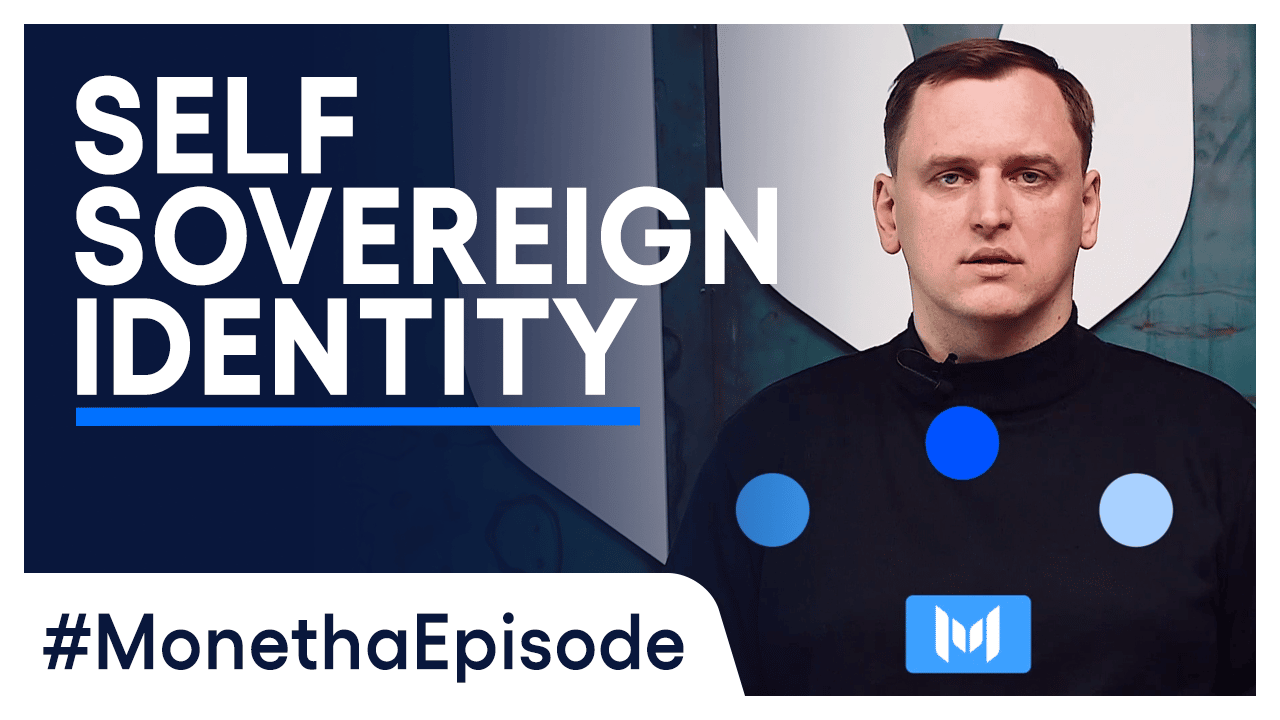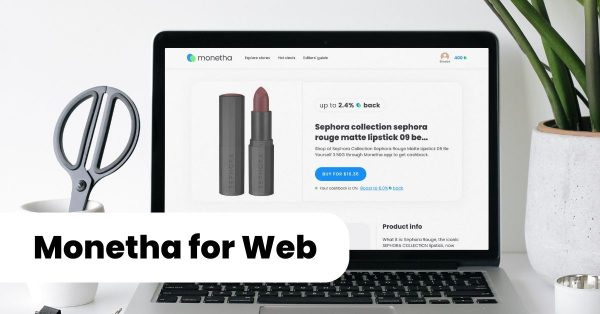Transcription
Hello everyone!
We continue talking about the Digital Identity, and in this video, we will cover the self-sovereign aspect of it.
The problem is that it’s difficult to control your personal data, or so called digital profile in the cyberspace. The more services you use and register to, the more scattered it becomes over the web. And as time goes by, you forget where exactly your digital identity is being used and how those services operate with your data. And also, what we think is the most important thing, that you are not able to reuse your profile in different services.
Once you submit your data to a service provider, you are basically out of control of how it’s going to be used. Of course, they give you terms and conditions and explain you in a very complicated language on what is going to be done with the information. But this is another, even separate problem in a digital identity space, how to solve that exactly. Of course, there is now lots of initiatives that help to target these problems, like GDPR and other privacy acts in other countries that help to force companies to be more compliant with how they handle personal data and how much data do they collect, when the people sign up to their services. So, as you can see, these problems are pretty complex and it’s not easy to solve them, but many companies explore self-sovereign identity in order to tackle these problems better and find better solutions for users and businesses.
The main idea behind the digital identity is that you get a better control of your digital profile and you have a transparency with whom you shared your information and to what extent. And since there is no central authority storing your digital identity, you can at least reuse it across multiple services and get additional benefits for that.
Let’s take a physical world, as an example. There are many cases where you need to show your passport to prove your age as an example. And for other side, it’s enough just to see the proof that you have the passport with the confirmed age, and they don’t have to store this information anywhere. Although, in the digital world, in the services, this information is stored permanently, instead of the fact during the authorization. We believe that self-sovereign digital identity is very important concept and it will help to bring more transparency and privacy into the interaction between people in digital space.
If you want to see this concept in action, download our Monetha application, so you can try and see how you can build your digital identity and how you can exchange data with another party. We are constantly developing this application, so your feedback is important for us. And in addition, we are, of course open for different type of collaboration. So, leave the comments below, or contact us in other channels which are more convenient to you and see you next time!




